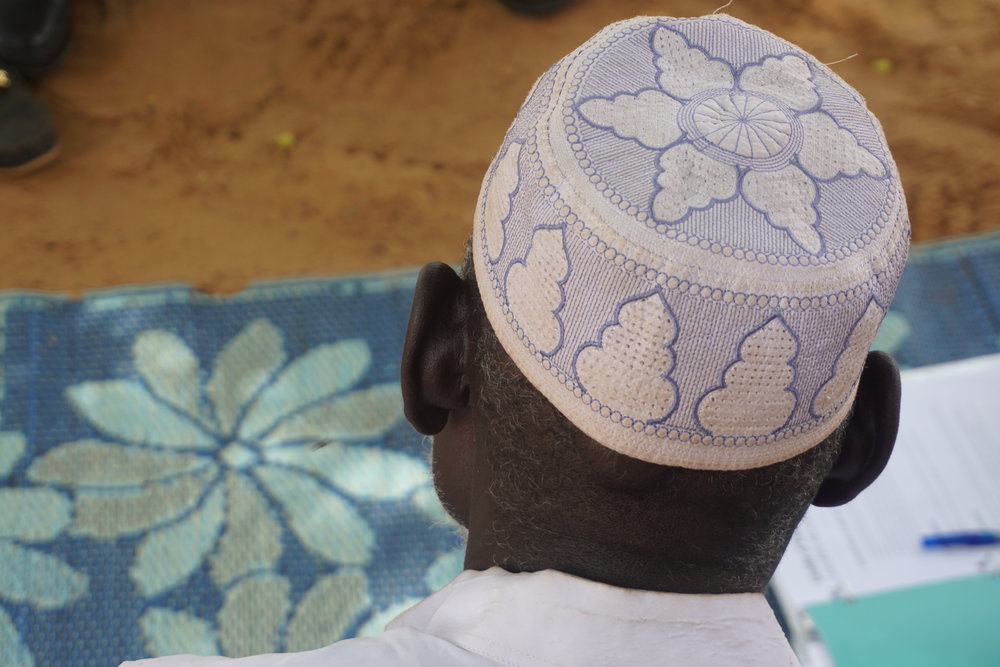'Just the right amount of water for the amount of flour': engaging religious leaders and young men to improve reproductive health in Niger
how might we design for a more supportive environment for young nigerien couples to plan their families? Ylabs and population services international are collaborating under USAID's Transform/PHARE initiative to find out.
Niger has both the highest rates of fertility, averaging 7.6 children per woman, and child marriage in the world. Under customary law, men are considered the heads of families and women have very limited decision-making power.
To what extent are young people, particularly young men, in rural Niger influenced by their faith and religious teachings in decisions about the use of family planning? Using human-centered design research methods, YLabs and Population Services International are working together to uncover youth and religious leaders’ perspectives on and knowledge of reproductive health products and services, particularly birth spacing practices, in three districts and nine villages in the Zinder region of Niger.
“Having only 2 or 3 kids is ideal for me, but I am not in the right environment. If I was in the city, no one would know, no one would bother me.” - Young woman, 24 years old.
We've been prototyping solutions to improve community support for family planning in rural Zinder and are currently working in partnership with Population Services International to support the implementation and piloting of a program that leverages religious and young community leaders to support young people to plan their families and their economic futures. Our goal, in other words, is to build community support for "Dede Ruwa, Dede Tsaki," or “the right amount of water for the right amount of flour,” a Hausa proverb used to illustrate the concept of equilibrium and the delicate balance between desired family size and young parent's economic means to provide for their children.
